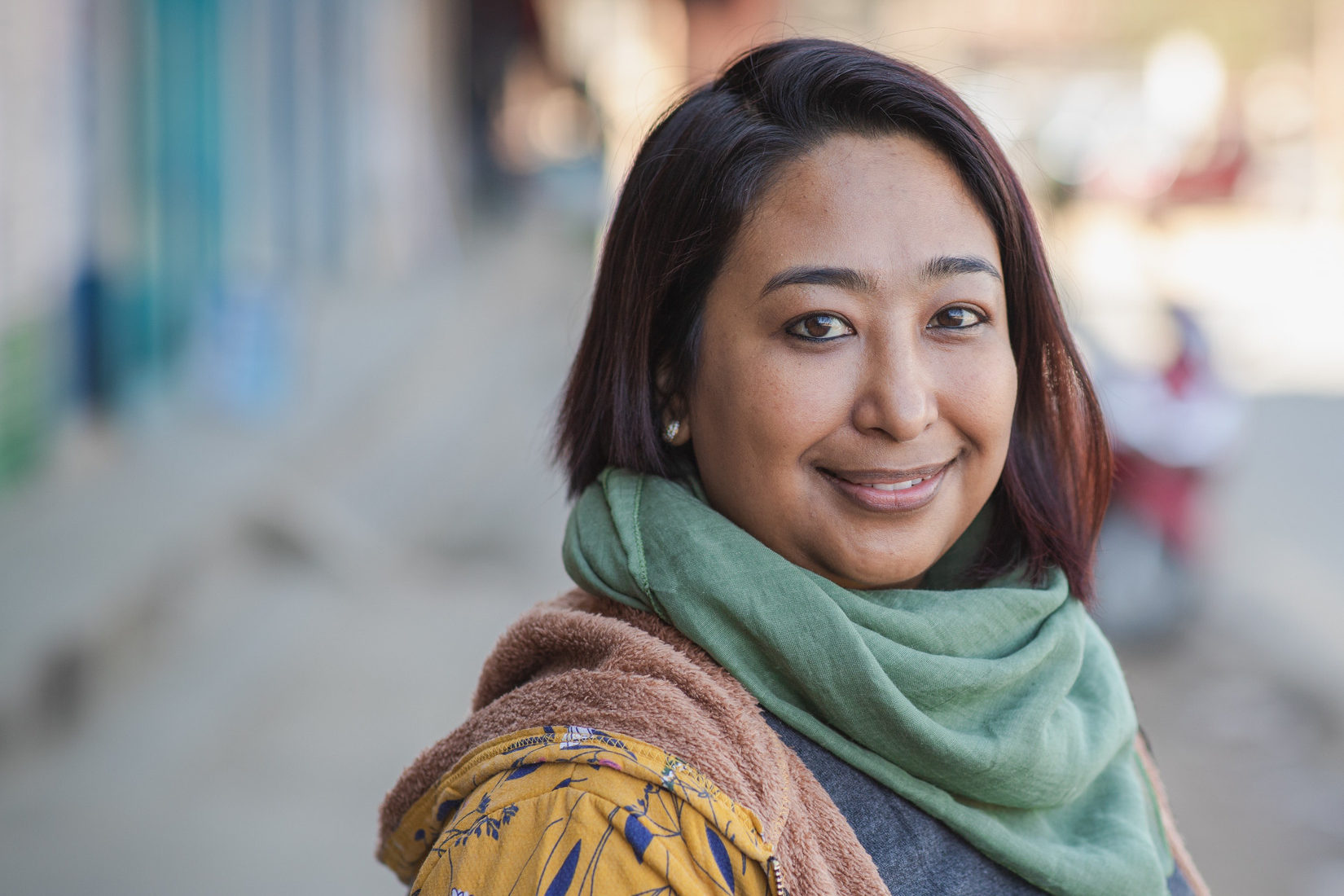When Shreejana applied to the Young Connectors of the Future (YCF), she was already in a leadership role in an organisation that works for young women and especially for sexual and reproductive health and rights (SRHR). She needed the programme to learn more about the interconnection between a leader and the team. How to lead with passion and to understand everyone’s personal needs.
-As soon as Nepal was on the list of countries, I immediately applied. I was so passionate to become an YCF alumni because of all the great things I had heard about the programme. I had even tried to adapt the things I had heard about the programme second hand. I felt I needed guidance and technique for my leadership.
The programme let her practice on working in teams thereby understanding the relationships within a team, how to communicate within the team, and how to get colleagues to work well together.
-During the programme, I learned to pick up on non-verbal communication from my team. SRHR is a sensitive issue in Nepal. Learning to read non-verbal communication has helped us a lot. In my work it is important to make things easily understood. So, to counsel about safe abortion is about reading the client. YCF gave me a platform and insights into how to conduct these interviews and talk to everyone involved and read their non-verbal communication.
The programme helped Shreejana’s entire organisation look over their management philosophy.
-Before, we were always pushing our staff towards targets. We sometimes forgot to think about their well-being. When I came back from Sweden I talked to my manager and explained what we had learned at YCF. It led to a management assessment at our office with external consultants doing evaluations. I even held a few sessions directly from the YCF.
She also appreciated YCF being so multifaceted. Since participants in the programme were focused on different things – some on technical innovation, others on social media or art therapy – it was easy to see opportunities where fields overlap.
-My fellow participants helped me see the connection between SRHR and mental health problems. Later in my work I realised we also needed to incorporate some mental health care in our operations. That was the advice from one of my co-fellows at the YCF.
Shreejana has been able to use a lot of things from the programme in her work, both directly and indirectly.
-We started a network of feminist organisations. I was able to project what I had learned during the programme within this network. It has helped me support the people who are organising around this sensitive issue to make sure they are mentally well and strong. I have used a lot of the components of the training from YCF in my work for this.
-Whatever I have learned from YCF I have put in action practically in my organisation. For example, the importance of putting the fun and passion into a programme. Then people then realise the meaning of meeting those targets, and the reason why we are providing these services.
Find out more what SI alumni are doing worldwide and get in touch with a local network.
For more information about SI leadership programmes.
Note: Young Connectors of the Future (YCF) was a leadership programme conducted by SI during 2013-2018 involving young leaders from the civil society working with human rights, democracy and sustainable development. 2019 SI Leader Lab was launched, a new leadership programme for young civil society leaders from South Asia, the Middle East and Northern Africa working for a gender equal world.
